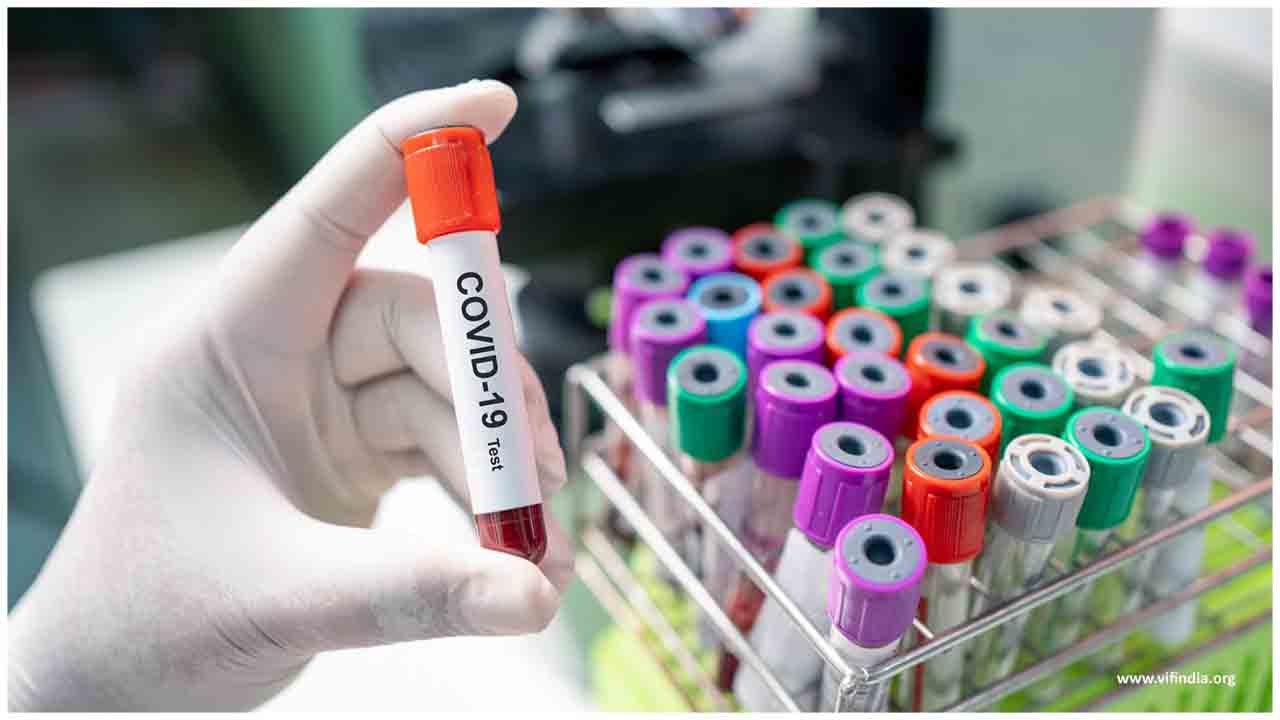New activities worth around 4.3 million pounds have gotten the UK government financing to help clarify and relieve the excessively antagonistic COVID-19 effect and higher passing rate among the nation's ethnic minorities, including those of Indian inception.
The UK Research and Innovation (UKRI) and National Institute for Health Research (NHRI) sponsored ventures to incorporate more than 2 million pounds for scholastics at the University of Leicester to examine why individuals from dark, Asian, and minority ethnic (BAME) foundations have a higher danger of creating extreme COVID-19.
The examination named UK-REACH - UK Research concentrates on Ethnicity And COVID-19 results in Healthcare laborers - will work with more than 30,000 clinical and non-clinical individuals from staff to survey their hazard from the fatal coronavirus, in light of the investigation of 2,000,000 medicinal services records.
"All around, we have proof that individuals from BAME foundations have a higher possibility of going to serious consideration and kicking the bucket from COVID-19 - this may likewise be the situation for social insurance staff," said Dr. Manish Pareek, the central examiner of the UK-REACH study.
The Indian-source Associate Clinical Professor in Infectious Diseases at the University of Leicester and Honorary Consultant in Infectious Diseases at University Hospitals of Leicester NHS Trust portrayed the examination as the main UK study to be directed for an enormous scope to explore why BAME social insurance laborers could be at more danger of COVID-19.
"An ongoing PHE (Public Health England) report featured how 63 percent of human services laborers who passed on from COVID-19 were from a BAME foundation. We need this examination to improve the lives of human services staff - to this end, we have a partner gathering of significant national associations to explore and announce our discoveries," said Pareek.
There is no careful figure accessible of social insurance laborers who kicked the bucket from COVID-19 in England.
The UK's Office for National Statistics information shows that, in the wake of assessing age and other socio-segment factors, BAME individuals are about twice as liable to bite the dust of COVID-19 than white individuals. It mirrors that individuals from minority ethnic gatherings, especially South Asian and dark and African Caribbean people group, are up to multiple times bound to bite the dust from COVID-19. Be that as it may, the explanation behind this expanded hazard isn't known.
"The assorted scope of activities financed by the NIHR and UKRI will help look at this relationship in detail, so new medicines and ways to deal with care can be created to focus on the ethnicities most in danger. This examination will have implanted patient and open inclusion with dark, Asian and minority ethnic gatherings at all phases of the exploration," said Professor Chris Whitty, the Chief Medical Officer of England and Head of the NIHR.
The new arrangement of six ventures will investigate the effect of the infection explicitly on transient and displaced person gatherings; work with key voices inside BAME people group to make focused on, advanced wellbeing messages; acquaint another structure with guarantee the portrayal of individuals from BAME foundations in clinical preliminaries testing new medicines and antibodies for the novel coronavirus, and make one of the biggest COVID-19 companions.
"The University of Leicester has been globally driving on work identifying with the effect of COVID-19 on ethnic minority gatherings, including the advancement of a national Risk Reduction Framework for NHS staff and an extensive report prescribing a progression of strategy activities to lessen wellbeing disparities identified with Covid-19," said Professor Kamlesh Khunti, an Indian-starting point scholastic who drives the Center for BAME Health in Leicester.
"These examinations will assist us with developing and to refine these proposals with the general intention to relieve further incongruities in COVID-19 results for ethnic minority human services staff," said Khunti, who had raised worries toward the beginning of the coronavirus lockdown about discoveries from the UK's Intensive Care National Audit and Research Center (ICNARC), which featured that up to 33% of individuals who were fundamentally sick with coronavirus were from BAME foundations.
Among the new ventures is a UK-wide investigation granted more than 120,000 pounds to look at why individuals from BAME foundations have a higher danger of creating serious COVID-19.
"COVID-19 has enormously affected the entirety of our lives, however, unfortunately, we have seen that individuals from Black, Asian and minority ethnic foundations are lopsidedly influenced by this horrible malady. There is an earnest need to more readily comprehend the unpredictable explanations for this," said UK Science Minister Amanda Solloway.
UK Health Minister Lord Bethell included: "I am profoundly worried by the lopsided effect of this horrendous infection on some minority networks. We have to discover what's causing this, so we can stop these passings.
"These examination grants will offer Britain's researchers assets they have to response the critical inquiries behind these incongruities so we can address the main drivers and spare lives."
Oxford and Southampton University groups will take a gander at the wellbeing states of BAME patients who were treated in the clinic and kicked the bucket from COVID-19, utilizing a database of 40 million general specialist records across England.
Another undertaking will examine data assembled by the UK Biobank venture, which has been checking the hereditary qualities, mental prosperity, and physical action of 500,000 individuals since 2006 and gathers blood, pee, and spit tests.

 The UKRI and NHRI backed projects include over 2 million pounds for academics at University of Leicester
The UKRI and NHRI backed projects include over 2 million pounds for academics at University of Leicester 









.jpeg)

.jpeg)
.jpeg)

.jpeg)


.jpeg)



.jpeg)
.jpeg)
.jpeg)


.jpg)


.jpeg)
.jpeg)